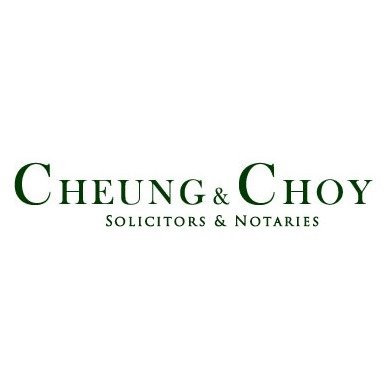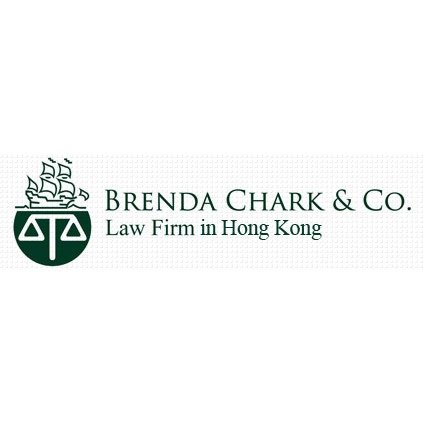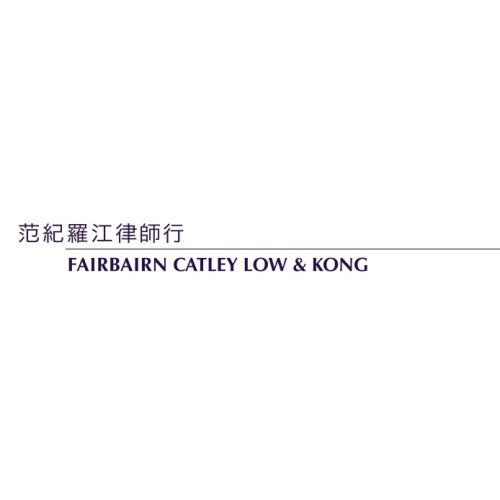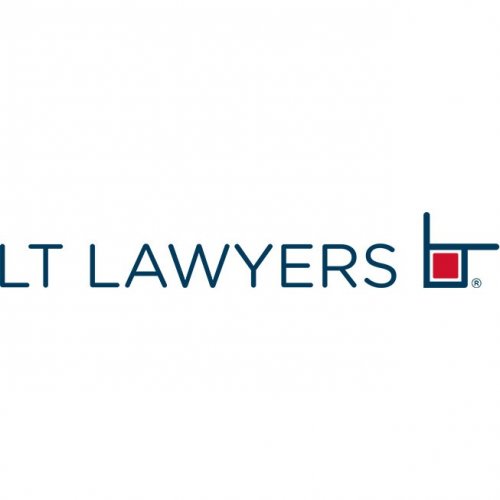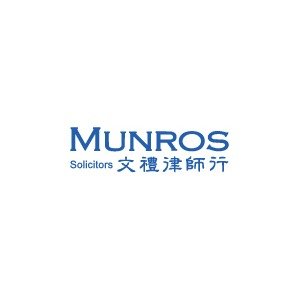Best Mortgage Lawyers in Wanchai
Share your needs with us, get contacted by law firms.
Free. Takes 2 min.
Free Guide to Hiring a Real Estate Lawyer
List of the best lawyers in Wanchai, Hong Kong
About Mortgage Law in Wanchai, Hong Kong
Mortgage law in Wanchai, Hong Kong is governed by several pieces of legislation including the Conveyancing and Property Ordinance and the Law of Property Act. The system is based upon the English legal system with important local modifications and rulings.
Why You May Need a Lawyer
Dealing with mortgage matters can be confusing and stressful, particularly if you’re unfamiliar with the associated legal terminologies and practices. A lawyer can help you understand your legal rights and responsibilities, negotiate terms, prevent potential pitfalls, and represent you in court if necessary. Common situations requiring legal assistance may include negotiating a mortgage or property purchase agreement, dealing with foreclosure or repossession, or resolving disputes with mortgage lenders.
Local Laws Overview
Wanchai, like the rest of Hong Kong, follows the Basic Law, a mini-constitution, which dictates that property rights are protected by law. This includes protection from unlawful seizure and fair considerations upon governmental land reclamation. Furthermore, clear provisions exist for foreclosure procedures, default remedies, and registration requirements for both leased and freehold properties.
Frequently Asked Questions
1. What happens if I cannot afford my mortgage payments?
If you are unable to keep up with your payments, it’s possible that your property may be repossessed and sold to repay the loan. However, Hong Kong law stipulates certain procedures and protections in such cases, so it’s advisable to seek legal advice.
2. Can I renegotiate the terms of my mortgage once it's been signed?
Yes, it is possible to renegotiate your mortgage terms, such as interest rate or duration, with your lender. However, this will largely depend on the specific terms of your contract and the lender’s discretion.
3. How does foreclosure work in Wanchai, Hong Kong?
Foreclosure is a legal process by which a lender repossesses and sells a property due to the borrower's failure to keep up mortgage payments. In Hong Kong, this usually involves applying to the court for an order for sale.
4. What is the stamp duty in Hong Kong for mortgage?
The stamp duty on mortgages in Hong Kong depends on the mortgage amount. For amounts up to HK$2,000,000 the rate is 0.1%, and for amounts above HK$2,000,000 the rate is 0.2%.
5. What's the difference between a mortgage and a charge?
In Hong Kong, a mortgage often refers to the traditional way of charging land, while a charge refers to the newer, often more convenient, way of charging land under Section 40 of the Land Titles Ordinance. The fundamental differences boil down to how the processes operate; nevertheless, they serve the same purpose.
Additional Resources
The Hong Kong Department of Justice, the Conveyancing and Property Ordinance, and the Land Registry provide comprehensive information on mortgage laws in Hong Kong. They also provide various forms related to mortgages and property transactions.
Next Steps
If you require legal assistance with a mortgage matter, consider seeking advice from a property lawyer in Wanchai. The lawyer can help you comprehensively assess your situation, advise you about your rights, assist you in document preparations or negotiations, and represent your best interests throughout the process.
Lawzana helps you find the best lawyers and law firms in Wanchai through a curated and pre-screened list of qualified legal professionals. Our platform offers rankings and detailed profiles of attorneys and law firms, allowing you to compare based on practice areas, including Mortgage, experience, and client feedback.
Each profile includes a description of the firm's areas of practice, client reviews, team members and partners, year of establishment, spoken languages, office locations, contact information, social media presence, and any published articles or resources. Most firms on our platform speak English and are experienced in both local and international legal matters.
Get a quote from top-rated law firms in Wanchai, Hong Kong — quickly, securely, and without unnecessary hassle.
Disclaimer:
The information provided on this page is for general informational purposes only and does not constitute legal advice. While we strive to ensure the accuracy and relevance of the content, legal information may change over time, and interpretations of the law can vary. You should always consult with a qualified legal professional for advice specific to your situation.
We disclaim all liability for actions taken or not taken based on the content of this page. If you believe any information is incorrect or outdated, please contact us, and we will review and update it where appropriate.



